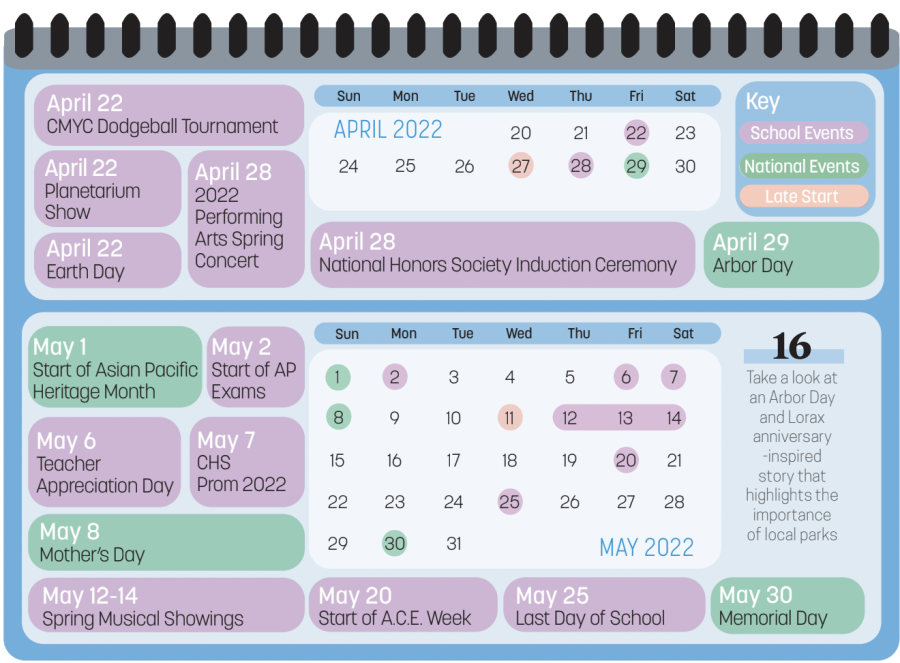 Although I try my best to censor myself in public or professional settings, I’ll be the first to admit that I use a fair share of swear words. I’m not particularly proud of my less appropriate vocabulary, but I use and hear it every day.
Although I try my best to censor myself in public or professional settings, I’ll be the first to admit that I use a fair share of swear words. I’m not particularly proud of my less appropriate vocabulary, but I use and hear it every day.
Months ago, a battle against the Motion Picture Association of America (MPAA) erupted when it designated “Bully” as an R-rated film. This documentary, which follows the experiences of five middle school students, received its R-rating for repeated uses of the F-word.
Katy Butler, a high school student in Michigan, started a petition to overturn this decision and collected over 500,000 signatures by early April. The MPAA soon responded accordingly, but not without a catch. It would rate the film PG-13 only if director Lee Hirsch omitted all but three instances of the F-word.
Typically, a film will receive an R-rating if “one of the harsher sexually-derived words” (specifically the F-word) is used more than four times.
The MPAA has made only two exceptions to this rule: “Gunner Palace,” a documentary about soldiers in the Second Gulf War (42 uses), and “The Hip Hop Project,” a movie centered on a group of New York City teenagers (17 uses).
When director Michael Tucker asked the MPAA to lower the rating of “Gunner Palace,” he contended that younger audiences should connect to and understand what our soldiers endure. Currently, “Gunner Palace” boasts the most F-words among all PG-13 films.
Chris Rolle, director of “The Hip Hop Project” cited a similar reason for his appeal. Rolle stated in an interview with Internet Movie Database (IMDB) that “many of the young people who would benefit most from this film would have been denied access if the R-rating stood.”
But shouldn’t we also connect to and understand what our own classmates have to deal with as bullying victims? And wouldn’t viewers under age 17 benefit most from a film intended to condemn harassment and abuse among students in the classroom?
I think so. The very purpose of this documentary—to lay bare the serious consequences of bullying—is compromised with omissions of the F-word. Hirsch did not write a script for this documentary, nor did he intend for it to be inappropriate. But in order for the MPAA to adhere to its guidelines, it must limit either his audience or the contents of his work.
You’d think that the MPAA would make a similar exception for “Bully” as it did for the other two films—or better yet, change its rules altogether—but it didn’t. So it seems to me as though the organization barely considers the context of each film as it checks off five F-words and stamps it with an R.
Take “The King’s Speech” for example. The British Stammering Association in London congratulated its filmmakers for a “realistic depiction of the frustration and the fear of speaking faced by people who stammer on a daily basis.” But for its repeated instances of the F-word, the MPAA limits a movie that transforms a piece of history into a work of art for the public to learn from and enjoy.
In the United Kingdom, “The King’s Speech” is rated 12A, which means that anyone can view the film as long as he’s joined by someone of at least 12 years of age. Although the British may sound more sophisticated with their accents, I doubt teenagers in the United States who would want to watch a movie about King George VI would lack the maturity to sit through a string of swear words without a parent around.
Although I can’t say for certain, I’d venture to guess that those of us who go out of our way to watch “Bully” would understand the purpose and context of the film.
Hirsch should not have been required to edit “Bully” for the same reasons that “Gunner Palace” and “The Hip Hop Project” were allowed to be rated PG-13. These films give a voice to real people with real lives. But the MPAA is inconsistent with its expectations of filmmakers and too inflexible to change the rules for films that truly deserve it.
I would hope that if someone made a documentary about my life, they would portray it accurately as possible, swear words and all.


































![British royalty are American celebrities [opinion]](https://hilite.org/wp-content/uploads/2024/03/Screenshot-2024-03-24-1.44.57-PM.png)


















![Review: “Suits” is a perfect blend of legal drama and humor [MUSE]](https://hilite.org/wp-content/uploads/2024/04/unnamed-1.png)
![Chelsea Meng on her instagram-run bracelet shop [Biz Buzz]](https://hilite.org/wp-content/uploads/2024/04/IMG_2446-1200x838.jpg)
![Review: Quiet on Set: The Dark Side of Kids TV is the long awaited exposé of pedophilia within the children’s entertainment industry [MUSE]](https://hilite.org/wp-content/uploads/2024/04/unnamed.jpg)
![Review: “The Iron Claw” cannot get enough praise [MUSE]](https://hilite.org/wp-content/uploads/2024/04/unnamed.png)
![Review: “The Bear” sets an unbelievably high bar for future comedy shows [MUSE]](https://hilite.org/wp-content/uploads/2024/03/unnamed.png)
![Review in Print: Maripaz Villar brings a delightfully unique style to the world of WEBTOON [MUSE]](https://hilite.org/wp-content/uploads/2023/12/maripazcover-1200x960.jpg)
![Review: “The Sword of Kaigen” is a masterpiece [MUSE]](https://hilite.org/wp-content/uploads/2023/11/Screenshot-2023-11-26-201051.png)
![Review: Gateron Oil Kings, great linear switches, okay price [MUSE]](https://hilite.org/wp-content/uploads/2023/11/Screenshot-2023-11-26-200553.png)
![Review: “A Haunting in Venice” is a significant improvement from other Agatha Christie adaptations [MUSE]](https://hilite.org/wp-content/uploads/2023/11/e7ee2938a6d422669771bce6d8088521.jpg)
![Review: A Thanksgiving story from elementary school, still just as interesting [MUSE]](https://hilite.org/wp-content/uploads/2023/11/Screenshot-2023-11-26-195514-987x1200.png)
![Review: When I Fly Towards You, cute, uplifting youth drama [MUSE]](https://hilite.org/wp-content/uploads/2023/09/When-I-Fly-Towards-You-Chinese-drama.png)
![Postcards from Muse: Hawaii Travel Diary [MUSE]](https://hilite.org/wp-content/uploads/2023/09/My-project-1-1200x1200.jpg)
![Review: Ladybug & Cat Noir: The Movie, departure from original show [MUSE]](https://hilite.org/wp-content/uploads/2023/09/Ladybug__Cat_Noir_-_The_Movie_poster.jpg)
![Review in Print: Hidden Love is the cute, uplifting drama everyone needs [MUSE]](https://hilite.org/wp-content/uploads/2023/09/hiddenlovecover-e1693597208225-1030x1200.png)
![Review in Print: Heartstopper is the heartwarming queer romance we all need [MUSE]](https://hilite.org/wp-content/uploads/2023/08/museheartstoppercover-1200x654.png)























![Review: Ladybug & Cat Noir: The Movie, departure from original show [MUSE]](https://hilite.org/wp-content/uploads/2023/09/Ladybug__Cat_Noir_-_The_Movie_poster-221x300.jpg)

![Review: Next in Fashion season two survives changes, becomes a valuable pop culture artifact [MUSE]](https://hilite.org/wp-content/uploads/2023/03/Screen-Shot-2023-03-09-at-11.05.05-AM-300x214.png)
![Review: Is The Stormlight Archive worth it? [MUSE]](https://hilite.org/wp-content/uploads/2023/10/unnamed-1-184x300.png)




